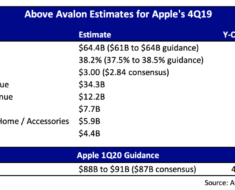
The world of stock trading is a realm where numbers, market trends, and financial strategies intertwine with human emotions and psychological patterns. Understanding the emotional psychology behind trading is vital for investors to navigate the complexities of the market.
The emotional psychology of trading encompasses the interplay between investors’ emotions and their decision-making processes in the stock market. Emotions such as fear, greed, hope, and panic significantly impact an investor’s judgment and actions. These emotions often lead to biases, affecting investment choices and risk management strategies.
Behavior and psychology are foundational in investment decisions. Investors’ behaviors, reactions, and cognitive biases significantly influence their trading strategies and outcomes. Psychological aspects such as overconfidence, loss aversion, and herd mentality can lead to irrational decision-making, causing investors to deviate from rational financial analysis and strategic planning.
The psychological aspects of investment decision-making are multifaceted. One significant element is the impact of fear and greed. Fear prompts investors to sell impulsively when facing potential losses, whereas greed can lead to irrational exuberance, causing investors to make hasty decisions based on market hype rather than fundamental analysis.
Another critical psychological aspect is the confirmation bias, where investors seek information that validates their preconceptions. This tendency can hinder their ability to critically evaluate information and make informed decisions, potentially leading to investment errors.
Moreover, the herd mentality, influenced by social proof, leads investors to follow the crowd without conducting thorough individual research. This behavior often causes market bubbles or crashes, as decisions are made based on collective sentiment rather than rational analysis.
Recognizing and mitigating these psychological factors are critical for successful trading. Investors can employ strategies like setting predefined trading plans, establishing risk management rules, and practicing discipline to avoid emotional decision-making.
The psychology of stock trading is a delicate balance between financial analysis and emotional intelligence. Recognizing and understanding one’s behavioral patterns and emotions is pivotal in making informed investment decisions in the dynamic world of the stock market.
Dil Bole Oberoi





